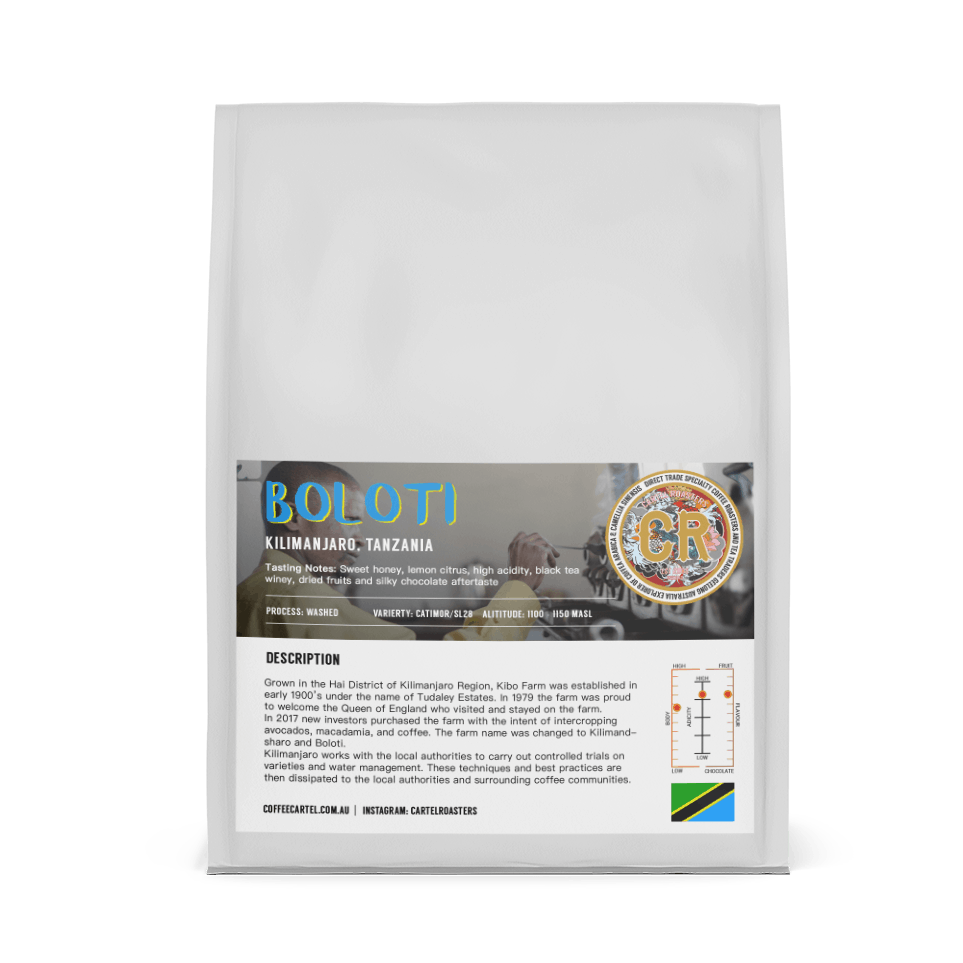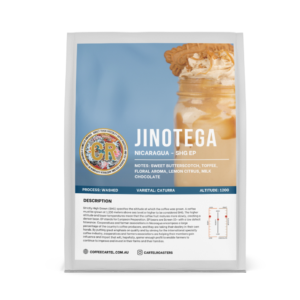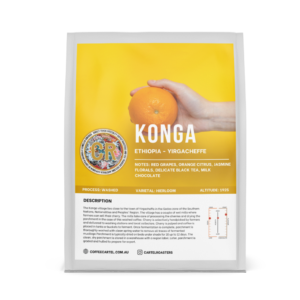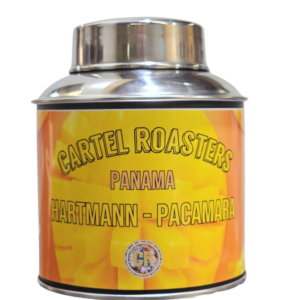About this coffee
- Altitude: 1600
- Farmer: VARIOUS SMALL HOLDERS
- Score: 86.5
- COUNTRY: TANZANIA
TASTING NOTES: CLEAN FRESH SWEET CITRUS BLACK TEA LIKE
Description: Tanzania Kilimanjaro Kibo Farm Washed
Grown in the Hai District of Kilimanjaro Region, Kibo Farm was established in early 1900’s under the name of Tudaley Estates. In 1979 the farm was proud to welcome the Queen of England who visited and stayed on the farm.
In 2017 new investors purchased the farm with the intent of intercropping avocados, macadamia, and coffee. The farm name was changed to Kilimandsharo and Boloti.
Kilimanjaro works with the local authorities to carry out controlled trials on varieties and water management. These techniques and best practices are then dissipated to the local authorities and surrounding coffee communities.
HISTORY
Coffee may have been first introduced to Tanzania in the 16th century from modern-day Ethiopia. Rather than being brewed to produce a beverage, they were initially chewed as a stimulant The Haya tribe came to use coffee beans as money, and coffee growing could only be authorized by tribal leaders.
Under German colonialization of the region, coffee began to be cultivated as a cash crop. The Germans weakened the control of the tribal leaders over coffee growing, thereby allowing for a more widespread propagation of coffee plantations. From 1905 through 1912, Tanzanian coffee exports increased nearly three-fold.
Following World War II, the British took over the region comprising modern-day Tanzania and undertook a program which would plant over ten million coffee seedlings. One region of Tanzania would come to export 6000 tons of coffee by 1925. These growers would create Tanzania’s first coffee cooperative, formed to negotiate a better price for the growers. [4]
COFFEE GROWING IN TANZANIA
Approximately seventy percent of coffee produced in Tanzania is arabica with most of this grown in high altitude regions such as Mount Kilimanjar Robusta trees are most commonly grown near Lake Victoria at a lower altitude. Most Tanzanian coffee is grown by small farmers, with 95 percent of the country’s coffee farmers cultivating smaller than five acres. Often the quality of this coffee is not high enough to be sold on premium markets. Additionally, the yields of a typical coffee tree in Tanzania are comparatively low. These factors combine to make coffee a difficult business for Tanzanian farmers [6].
The highest grades of coffee are grown on Mount Kilimanjaro and Mount Meru. These coffees are sold under the name Arusha, Moshi, and Kilimanjaro[7].
PROCESSING
Coffees grown in the Western portion of Tanzania are often dry processed, while the coffees in other regions are wet processed. Wet processed coffee typically dominate the Tanzanian coffees exported to the specialty coffee market.Most of the coffees processed in Tanzania is exported overseas, much more because the companies specific for roasting and grinding coffee are privately owned by overseas investers. Wide opportunities for internal and external investers are available making coffee in Tanzania a competition crop to process in Tanzania. The largest ammount of coffee grown in Tanzania comes from the Arabica coffee genes which is 70% produced in Tanzania and the rest is Robusta
CHARACTERISTICS
As with most East African arabica coffees, the better Tanzanian coffees have a distinctive acidity. Most of these coffees also have a medium to full body, with a rich flavor.
Tanzanian coffee is often separated so that peaberry beans and flat beans are sold separately. In the United States of America, most coffee identified as Tanzanian is from peaberry bean.
[jgm-review-widget]





